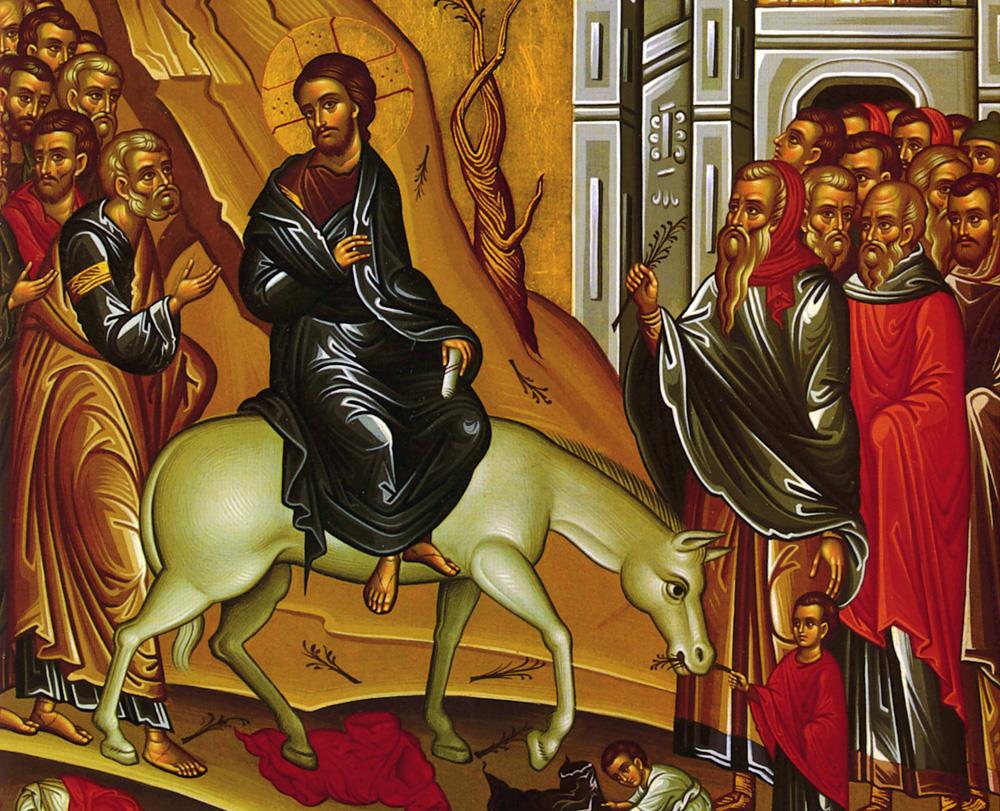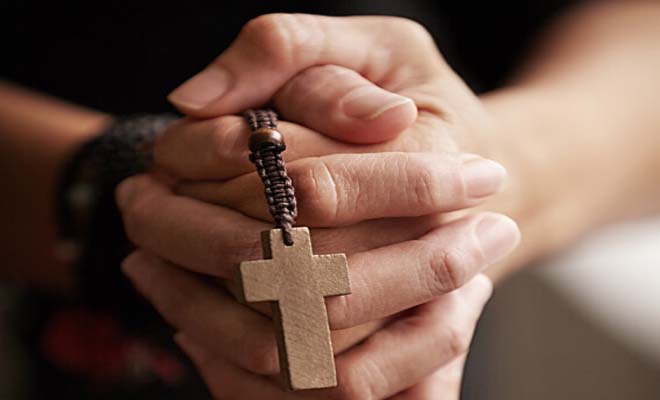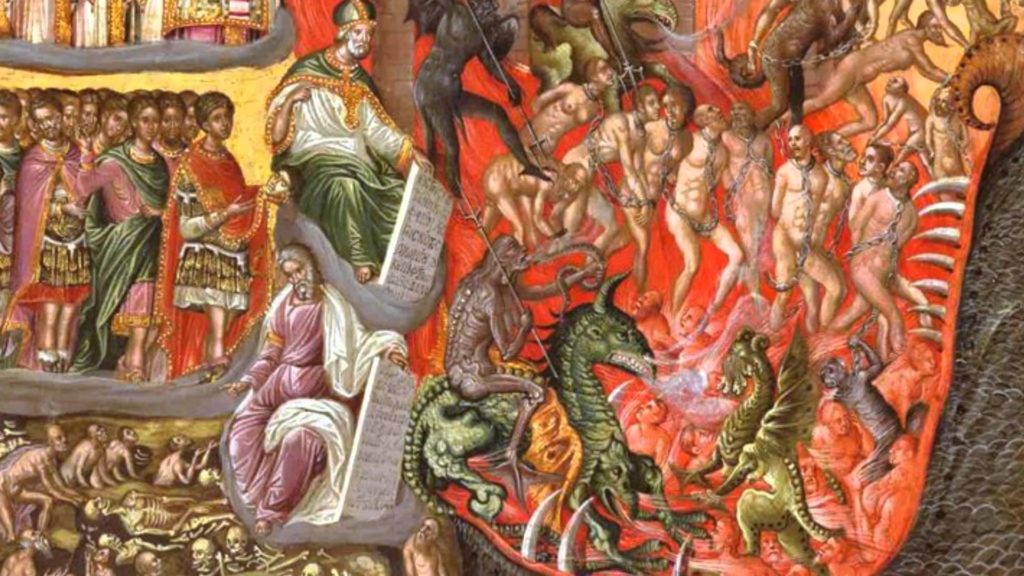- Details
PATRIARCHAL ENCYCLICAL
FOR HOLY PASCHA
Prot. No. 289
+ B A R T H O L O M E W
BY GOD’S MERCY
ARCHBISHOP OF CONSTANTINOPLE-NEW ROME
AND ECUMENICAL PATRIARCH
TO THE PLENITUDE OF THE CHURCH:
MAY THE GRACE, PEACE AND MERCY
OF CHRIST RISEN IN GLORY BE WITH YOU ALL
* * *
Having completed the soul-profiting Lent and venerated the Lord’s Passion and Cross, behold today we are rendered participants of His glorious Resurrection, radiant through the feast and crying out with ineffable joy the world-saving announcement: “Christ is Risen!”
All that we believe, all that we love, and all that we hope as Orthodox Christians is associated with Pascha, from which everything derives its vividness, through which everything is interpreted, and in which everything acquires its true meaning. The Resurrection of Christ is the response of the Divine love to the anguish and expectation of man, but also to the “yearning” of creation that groans with us. In the Resurrection the meaning of “let us make man in our image and likeness”[1] and of “God saw all that He had made, and behold it was very good”[2] has been revealed.
- Details
“Christ is risen from the dead,
trampling Death by death,
and bestowed life to those in the tombs.”
This resurrection Paean, which is sung repeatedly- about sixty times- on the night of the Resurrection, proclaims to the faithful that the God-man Lord Jesus Christ, through His glorious Resurrection has defeated Death, the greatest enemy of man.
It is truly striking that during the greatest feast of our Church, a feast of ineffable joy, there are some words such as “dead”, “death”, “tombs that are mentioned repeatedly, which make some people depressed, just by hearing them! It is true that, before the Resurrection of our Lord, these concepts were fearsome! They caused terror, depression, melancholy and despair! Yet, the Lord, through His holy Resurrection, has completely changed their meaning!
- Details

From the beginning of the Divine Liturgy, with the “Blessed is the Kingdom of the Father and of the Son and of the Holy Spirit …” to the end, with the “Blessed is the name of the Lord …”, we can see the entire spectrum of Orthodox worship contained in one key element: Glory and praise (Doxology) of the Triune God. In the middle of the Prayer of Anaphora, there is a great victorious hymn, comprised of two parts drawn from the Scriptures. The first, is the hymn of the Angels, which Isaiah the Prophet heard sung in Heaven: “Holy, holy, holy is the Lord of hosts; the whole earth is full of His glory” (Isaiah 6:3). The second part is what we heard in today's Gospel reading, when the children sang “Hosanna! Blessed is He who comes in the name of the Lord” (John 12:13), on the Lord's entry into Jerusalem. It is not only humanity and the angels who offer doxology to God, but all of creation offers this praise to the Lord. In the words of the Psalmist, “Praise the Lord sun and moon, Praise Him all you stars and light” (Psalm 148:3); “Praise the Lord … mountains and all the hills, fruitful trees and all cedars, wild animals and all the cattle, creeping things and flying birds” (verses 9-10). In short, everything that moves on the earth or adorns it! In Psalm 102 [103] the Psalmist calls also upon his soul to “Bless the Lord, O my soul, and forget not all His rewards” that He has offered to you (verse 2). In Psalm 103 [104] also “Let the glory of the Lord be forever” (verse 31) “I will sing to the Lord all my life” hymns of praise (verse 33).
- Details

During this period of Holy and Great Lent, the struggle (prayer and fasting) against evil for Orthodox Christians is particularly intense. At Great Compline we pray: "Lord ... redeem us from all turmoil and cowardice of the one who is approached by the devil" (Prayer of St. Basil the Great). Or we can look at the conclusion of the Pre-Sanctified Liturgy: "provide and bless the good, crush the heads of the invisible dragons" (The last Prayer in front of the Icon of Christ). From these prayers alone it is obvious that Satan, the oldest enemy of mankind, is quite real. He is not only powerful, but also very devious. He uses every possible tactic to try and deceive or manipulate us. He hides his movements (like soldiers using camouflage in war), often acting through other people, so that the evil one himself can avoid blame. The devil encourages selfish and proud thoughts in a person, which may outwardly seem beneficial. The pursuit of wealth, fame, and power are then embraced and justified (often speaking in terms of “rights”). These “benefits” are gained using any means necessary, including deception, injustice, thievery, and sinful pleasures. The ancient enemy will then argue that “everyone is doing it,” portraying the Gospel as unrealistic and disconnected from “real life.”
- Details

In this time of Great Lent, we can see a common theme throughout the Holy Services (Great Compline, the Pre-Sanctified Liturgy, and the Divine Liturgy), as well as the Gospel lessons (including today’s). It is asking for God’s protection from the attacks of the evil one. The Lord Himself left us a prayer (“the Lord’s Prayer”) in which we are called to ask our Heavenly Father to “deliver us from the evil one” (Matthew 6:13). We are in dire need of this protection, because we are unable to face him alone.





